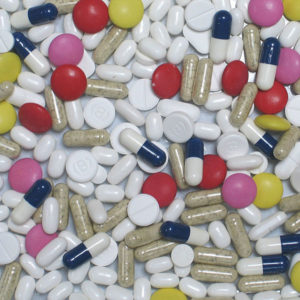Practical Aspects of Drug Discovery: At the Interface of Biology, Chemistry and Pharmacology (Montevideo, Uruguay) (cancelled)
28 November–3 December 2021
Institut Pasteur de Montevideo, Uruguay
Learn about the theoretical, practical and organisational aspects of small molecule and natural product drug discovery.
Summary
PLEASE NOTE: Due to the ongoing Covid-19 pandemic this course has been cancelled.
In collaboration with the Wellcome Centre for Anti-Infectives Research (WCAIR), University of Dundee and the Institute Pasteur de Montevideo and Universidad de la República, Uruguay, we are pleased to announce the Overseas course Practical Aspects of Drug Discovery: At the Interface of Biology, Chemistry and Pharmacology
Increasingly scientists representing a variety of disciplines in leading research institutions, as well as small and medium-sized companies are leveraging their expertise to engage in early-stage drug discovery. Such drug discovery R&D requires the productive combination of multiple disciplines including biochemistry, medicinal and computational chemistry, natural products, pharmacokinetics, pharmacology and project management, the breadth of which can present organisational, knowledge and competence challenges for institutions and investigators.
This interactive, lecture- and discussion-based course will give scientists of all disciplines a broad introduction to the theoretical, practical and organisational aspects of small molecule and natural product drug discovery. Each topic-based lecture mixes presentation with discussion sessions and case histories to develop the key aspects of critical disciplines and activities. Additional discussion-based practical sessions will build on the lectures to illustrate the strategic planning of drug discovery programmes, including the development of target product profiles, compound progression criteria, scientific strategy and the need to work collaboratively. This course will focus on the need for drug discovery in Latin America and how these approaches can be applied in the regional context and environment.
Target audience
The course is open to applicants from institutes based in Latin America and the Caribbean. The programme is aimed at researchers with a background knowledge of any discipline related to drug discovery, including biology, chemistry, pharmacology, computational chemistry and informatics.
Representatives from research institutions who want to expand upon their expertise in disease biology into early stage drug discovery and have an interest in non-transmissible and communicable Neglected Tropical Diseases (NTDs), TB, Malaria and HIV among other diseases, are encouraged to apply. Applicants with an interest in treatments for any disease would benefit.
The course is free to attend and limited bursaries are available to cover travel and accommodation costs.
Programme
The programme will include lectures and discussions covering the following topics:
- Project management and organisation of multi-disciplinary projects
- Target discovery and validation
- Hit discovery options
- Phenotypic screening and mode of action elucidation
- Screening set assessment
- Screening cascades, assay development and quality control
- Data mining
- Introduction to pharmacokinetics
- Principles of compound optimisation and case histories
- In silico approaches to drug design
- Natural products – isolation, structure elucidation and optimisation
- Data packages required for out licensing and partnering
- An introduction to preclinical and clinical development
Learning outcomes
On completion of the course, participants should be able to:
- Describe the process of small molecule and natural product drug discovery
- Discuss the medicinal chemistry approach of modification to natural products in the drug discovery process
- Apply the principles of target assessment and validation to a potential drug target
- Classify the different approaches to hit discovery
- Discuss the positives and negatives of different approaches to drug discovery
- Define the basic principles of DMPK
- Assess the DMPK and toxicology challenges in lead optimisation and pre-clinical drug development
- Describe the uses of computational chemistry in the drug discovery process
- Discuss the basic medicinal chemistry principles and their impact on early development
- Describe the clinical and non-clinical stages of the drug discovery process
- Understand the mechanics of working with collaborators and funding agencies
- Apply key principles to your own research in a Latin American setting
Instructors and speakers
Course instructors
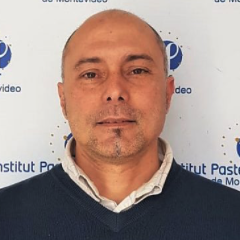
Marcelo Comini
Pasteur Institute, Uruguay
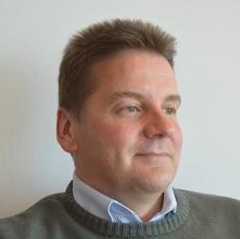
David Grey
WCAIR, University of Dundee, UK
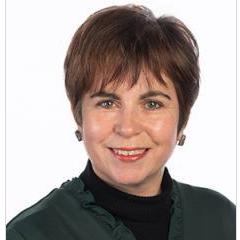
Catharine Goddard
WCAIR, University of Dundee, UK
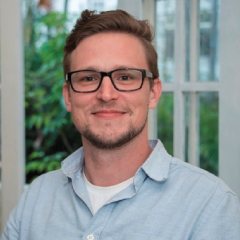
Jadel Kratz
Drugs for Neglected Diseases Initiative (DNDi), Brazil
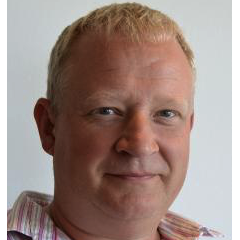
Kevin Read
WCAIR, University of Dundee, UK
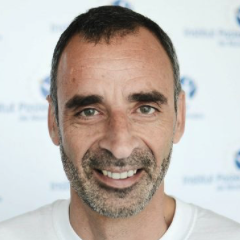
Gustavo Salinas
Universidad de la República - Pasteur Institute, Uruguay
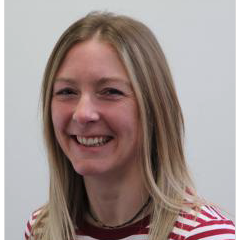
Lauren Webster
WCAIR, University of Dundee, UK
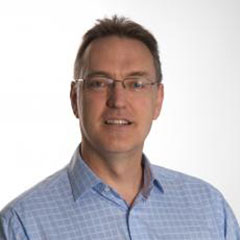
Paul Wyatt
WCAIR, University of Dundee, UK
Guest speakers

Guzmán Alvarez
Universidad de la República, Uruguay
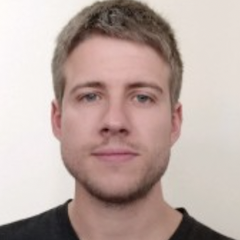
Manuel Ibarra
Universidad de la República, Uruguay
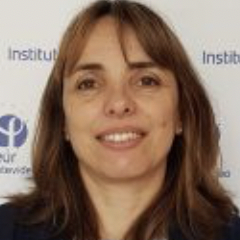
Virginia López
Institut Pasteur de Montevideo, Uruguay
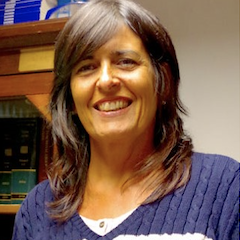
Gloria Serra
Universidad de la República, Uruguay
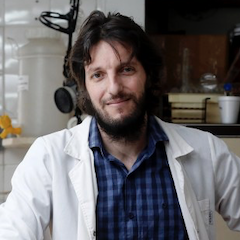
Alan Talevi
Universidad Nacional de La Plata, Argentina
Registration and bursaries
Prerequisites
Applicants should be based in institutes in Latin America and the Caribbean with an academic or commercial background in relevant fields, such us:
- postgraduate and postdoctoral researchers at established institutes and in small or medium sized companies
- senior investigators considering entering the field
- established investigators seeking further professional development
How to Apply
Please click the Apply button above to begin the online application process. Places are limited and will be awarded on merit. If you have any problems with the online application process, please contact us.
Please note: Applications must be supported by a recommendation from a scientific or clinical sponsor (e.g. supervisor, line manager or head of department). A request for a supporting statement will be sent to your nominated sponsor automatically during the application process. Applicants must ensure that their sponsor provides this supporting statement by the application deadline. Applications without a supporting statement cannot be considered.
Cost
Cost
The course is subsidised by Wellcome Genome Campus Advanced Courses and Scientific Conferences and is free to attend.
Bursaries
A limited number of bursaries are available for each course. These are awarded on merit to cover travel, accommodation and sustenance. The maximum award for travel (economy class) will be £750. If you would like to apply for a bursary, please complete the bursary section of the online application form.
Bursaries can be applied for as part of the course application form. Applicants will be notified of a bursary award along with their place on the course, usually within one month of the application deadline. The decision of the selection committee is final.
Please note that both the applicant and sponsor are required to provide a justification for the bursary as part of the application. Priority will be given to non-commercial applicants from low- and middle-income countries.
Accommodation services phishing scam – please be vigilant. More information.
Testimonials
Feedback from the 2019 South Africa course
“May the Wellcome Genome Campus receive immense gratitude for bringing the Advanced course on Practical Aspects of Drug Discovery to Africa. The training of the Africans within their continent will greatly increase possibility for their involvement in research on medical needs that plague the continent, and hence spur innovative home-grown solutions to endemic diseases, including drug discovery and development.”
“Thank you to all who were involved in organising this course. I cannot remember a week that was both so intensive and so useful in my scientific development.”
“This course has affected the trajectory of my career in a significant way and I am grateful. Also want to thank Alice and Yvonne the organisers for all the hard work. .”
“Great team of Instructors and we appreciate all their effort to enrich us with the knowledge of Drug Discovery.”
